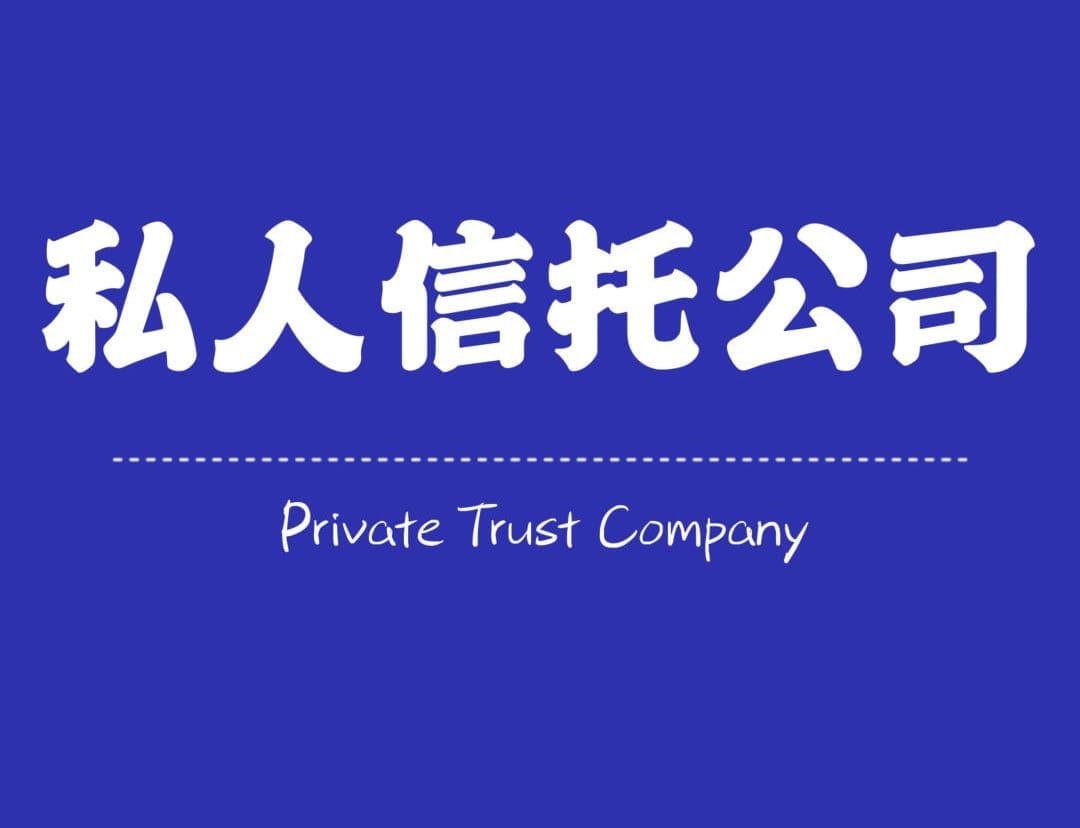Establishing Your Own Private Trust Company

In the wealth structures of affluent individuals and high-net-worth families, family trusts are among the most common tools. Family trusts offer benefits such as legacy planning, debt isolation, and tax optimization. However, two major drawbacks deter some from setting up a trust:
- The legal ownership of assets must be transferred to the trust company.
- Trust companies charge high management fees.
1. The Risk of Transferring Legal Ownership of Assets to a Trust Company
Under a trust arrangement, wealthy individuals or high-net-worth families, as settlors, transfer the legal ownership of their assets to trustees (i.e., the trust company). While the trust clearly stipulates that the trustee holds these assets solely for the benefit of the beneficiaries, the fact that the trustee holds the legal title to the assets can create concerns about absolute safety for the settlor and beneficiaries.
A classic example is the case of Zhao Zhiquan, founder of Lunan Pharmaceutical. In July 2011, Zhao established the Zhao Family Trust, appointing Wei, the spouse of lawyer Wang Jianping from King & Wood Mallesons, as trustee to hold shares in Lunan Pharmaceutical and other businesses. The sole beneficiary of the trust was Zhao’s daughter, Zhao Long. After Zhao’s death in November 2014, the trustee transferred the equity in Lunan Pharmaceutical to company executives without Zhao Long’s knowledge. Although Zhao Long eventually recovered the assets through extensive litigation, the process was fraught with challenges. Without substantial resources, Zhao Long would not have been able to sustain the legal battles. This case highlights why many high-net-worth individuals remain skeptical of trust companies.
2. High Trust Operating Costs
Trust companies don’t work for free. As trustees, they charge management fees, typically 1% to 2% of the total value of the trust assets annually. Don’t underestimate this amount—it excludes investment management fees. If the trust hires private banks or investment banks for asset management, the annual fees for these “experts” can reach 3% to 4% of the total asset value. If the trust primarily invests in bonds, the returns may barely cover these fees.
Is There a Solution to These Problems?
Yes, there is: establishing your own Private Trust Company (PTC).
If the trust company is owned by you, there’s no need to worry about transferring legal ownership of assets to a third-party trust company. Additionally, owning the trust company yourself can significantly reduce trust management fees.
This article will focus on introducing PTCs in detail.

